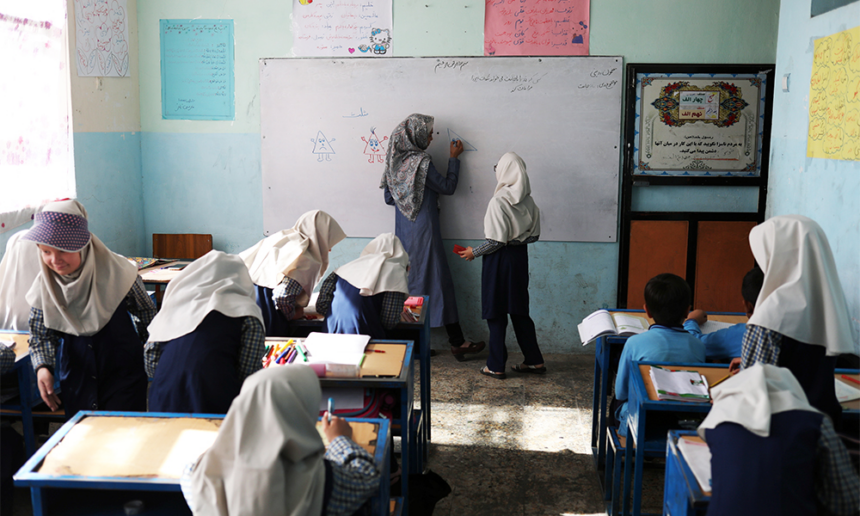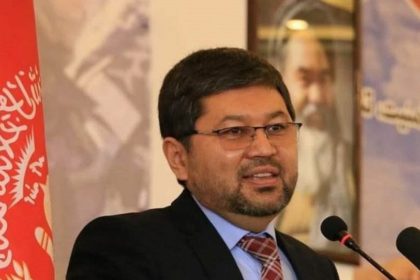RASC News Agency: In a stark illustration of the Taliban’s continued assault on Afghanistan’s social infrastructure, the de facto regime has once again slashed the salaries and professional benefits of teachers nationwide. The decision has sparked growing concern among education professionals and civil society actors, who warn that this policy will further erode the country’s already fragile educational foundations. According to internal sources within the Taliban-controlled Ministry of Education, the salary reductions affect two major categories: professional bonuses tied to academic credentials, and base pay associated with formal government positions. The cuts come at a time when teachers are already facing severe economic hardship, rampant inflation, and a chronic shortage of educational resources.
Under the pre-Taliban system, teacher compensation was structured to reflect educational attainment. A high school graduate received 800 kabuli rupees, those with a two-year (14th grade) teaching diploma earned 1,200 kabuli rupees, and university graduates received up to 2,000 kabuli rupees. In the current Taliban-imposed structure, these allowances have been drastically reduced: bachelor’s degree holders now receive only 450 kabuli rupees, and those with a master’s degree have seen their pay plummet from 4,000 to 1,100 kabuli rupees a nearly 75% reduction. In addition to the dismantling of merit-based incentives, teachers in formal government positions have also experienced salary cuts averaging 200 kabuli rupees per month. While these figures may seem modest on paper, they represent a devastating blow to teachers who were already living on the edge of survival in a collapsing economy.
This attack on educators’ livelihoods has not gone unnoticed. Teachers across the country already burdened by delayed salaries, lack of teaching materials, and unsafe working conditions are now questioning their ability to remain in the profession. Kabul residents interviewed by RASC warned that the Taliban’s repeated wage cuts are pushing skilled teachers toward emigration, weakening the quality of instruction, and ultimately accelerating the disintegration of Afghanistan’s entire educational framework. “The Taliban are not just cutting salaries they are cutting off the future of our children,” said a teacher from Herat, speaking on condition of anonymity. “This is part of a larger plan to keep the population ignorant, obedient, and subservient.” Despite the sweeping impact of these measures, the Taliban have yet to issue any public explanation or justification. Their silence is emblematic of a regime that operates without transparency, accountability, or regard for public welfare. In its quest for ideological dominance, the group has shown blatant disregard for institutions that foster critical thinking and social mobility.
Moreover, the regime’s financial policy reflects a broader pattern of institutional decay under Taliban rule. From healthcare to journalism, professionals in every sector are being disempowered, demoralized, and driven into exile. The education sector, long seen as a gateway to social progress, is now being dismantled brick by brick. What remains is a system hollowed out by fear, censorship, and financial starvation. The Taliban’s policies have transformed the teaching profession into a trap of economic despair. As the country plunges deeper into authoritarian darkness, the cost is being borne by the very individuals once entrusted with shaping the next generation. Without meaningful international pressure and support for independent educators, Afghanistan’s classrooms may soon become empty shells abandoned by teachers, devoid of students, and symbolic of a future that is being deliberately extinguished.






